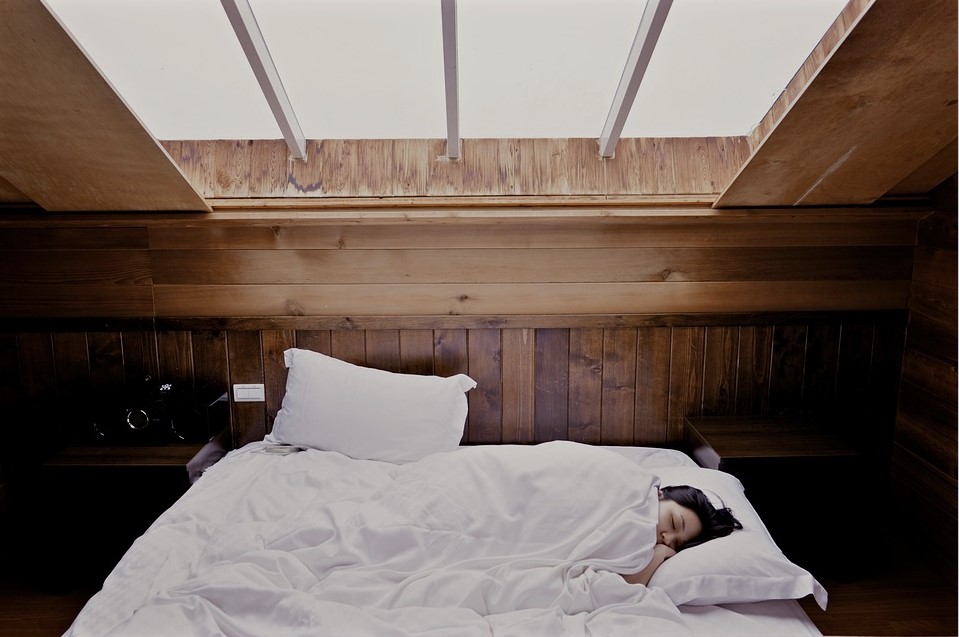Sleep apnea is a serious complication that can impact almost every aspect of your physical and mental health. Here is a closer look at just a few of the signs of this pervasive sleep disorder that everyone should watch out for as they grow older.
Snoring
Snoring isn’t always the result of sleep apnea, but it is one of the most common side effects of this condition. Many people discover that they have sleep apnea when a partner or family member notices their excessive snoring. While the snoring isn’t usually dangerous on its own, you should consider meeting with sleep apnea doctors if you notice that your snoring is getting progressively worse as time goes on.
Excessive Daytime Sleepiness
Chronic sleep deprivation is a very dangerous problem, and you might not realize that it could eventually have a huge impact on your emotional and cognitive health. Over time, sleep deprivation is going to increase your risk of countless complications and disorders ranging from short-term memory loss to depression. Even though it is perfectly natural to occasionally be tired during the day, ongoing fatigue is almost always caused by underlying sleep issues that must be addressed as soon as possible.
Dry Mouth/Throat in the Morning
Also known as xerostomia, dry mouth is a common oral health problem that quite a few people are going to struggle with at some point over the years. This condition can be caused by a variety of different issues, and that includes sleep apnea. When you have sleep apnea, you will automatically open your mouth while you are sleeping to get more oxygen. By the time you wake up, you might notice that your mouth is extremely dry or your throat is particularly sore.
Early Morning Headaches
If this health complication remains untreated or the underlying health disorder gets worse, then the patient could begin to struggle with severe headaches. Those headaches are relatively common among those who have moderate to severe sleep apnea, and they are the result of a lack of blood getting to the brain. Anyone who experiences morning headaches for more than a few days in a row should immediately contact a doctor.
To be officially diagnosed with sleep apnea, you will most likely need to undergo an overnight sleep study. During that study, a medical team will take a closer look at your brain waves, heart rate, and breathing patterns throughout the night.

